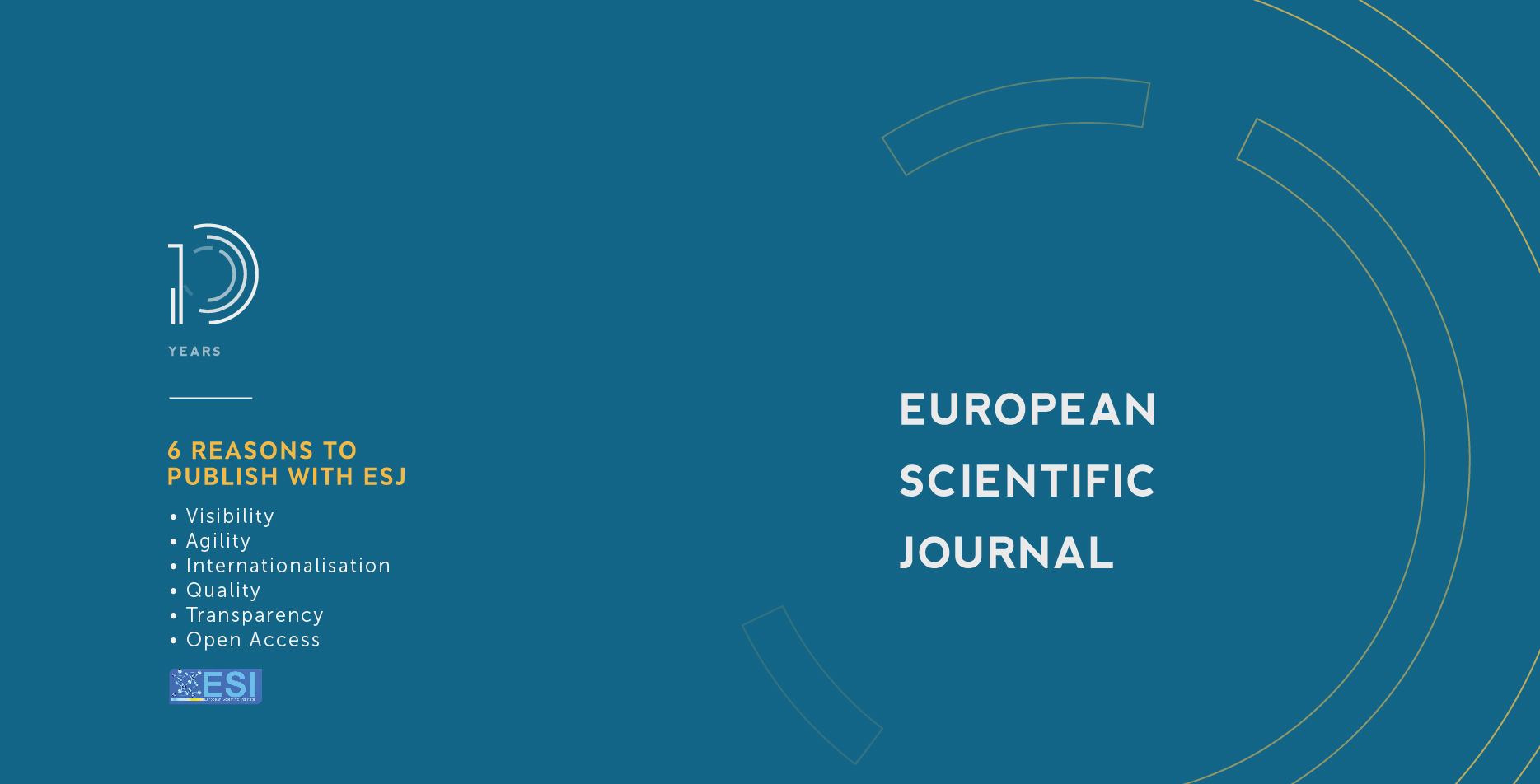Absence of Fathers in Childrens' Lives of Divorced Parents: Impact and Implication
Abstract
The purpose of this study is to determine through scientific methods to what extent children experience parental divorce and the lack of fathers in families. This paper focuses on measuring the impact it has on adolescent children, between 13-18 years, in Tirana, Albania. Adolescence is one of the most critical stages of life and is very decisive for the future of children. This goal is enabled through the achievement of the following objectives such as: How and to what extent divorce and the lack of father affect the psychoemotional development and perception of children with divorced parents (ChDP) about their future and love relationships; to what extent does the lack of father affect this segment of children, and the identification of consequences to these children. Methodology: This involves a primary survey with the help of a structured questionnaire among children from the age group of 13-18 years in Tirana. The consequences of divorce are theoretically explained and give the opportunity to raise research questions in recent years. Questionnaire is the research instrument which includes questions about the relationship of children with their non-custodial parent, the impact of missing obligations, and the possible consequences for this segment of children. The data are compared with children of the same age, but from intact families, and have led to conclusions and recommendations on social policies to be followed towards this segment in the future.
Downloads
PlumX Statistics
Copyright (c) 2021 Fabjana Bakiu

This work is licensed under a Creative Commons Attribution-NonCommercial-NoDerivatives 4.0 International License.








